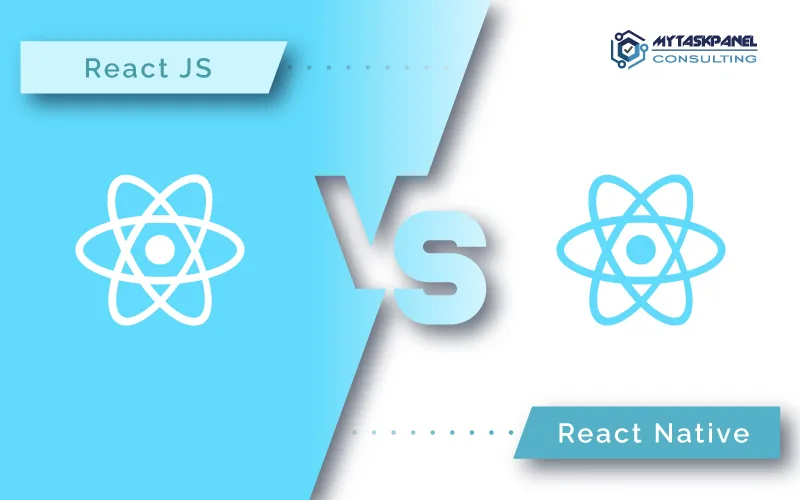In the software development universe, choosing the right technology is an important step that can significantly impact the success of a project. ReactJS and React Native, two popular technologies developed by Facebook, offer effective solutions for user interface development but are applied in different contexts. In this article, we will look at the differences between ReactJS or React Native, and how to decide which is the most appropriate option based on the specific characteristics of your project.
Key differences
ReactJS: efficient web development
ReactJS, a JavaScript library, excels in developing user interfaces for web applications. Its primary focus is on creating reusable components, facilitating the building of dynamic and efficient interfaces. It uses the declarative programming model, allowing developers to specify how an interface should look in a particular state.
React Native: native mobile development
React Native, on the other hand, is an extension of ReactJS specifically designed for native mobile app development. Although it shares the same foundation as ReactJS, React Native employs native components of the underlying operating system to achieve performance and appearance similar to natively developed apps.
Sharing business logic
One of the key advantages of ReactJS and React Native is the ability to share business logic between web and mobile applications. ReactJS and React Native use a similar architecture, making it easier to transfer knowledge and code between projects, saving time and resources.
Reusable components
Both technologies favor the development of reusable components, speeding up the development process and ensuring consistency in the user interface. However, while ReactJS focuses on web components, React Native targets mobile components, adapting them to the specificities of each platform.
When to choose ReactJS?
Web projects
ReactJS is the ideal choice for projects focused on web development. If your goal is to build an application for browsers, e-commerce platforms, or any other web-based service, ReactJS offers notable efficiency and an accessible learning curve.
Web development teams
If you already have a web development team familiar with ReactJS, it makes sense to use this technology to maintain consistency and leverage existing expertise. ReactJS is especially powerful in creating interactive and dynamic user interfaces for complex web applications.
When to choose React Native?
Native mobile applications
If your project focuses on developing native mobile applications for iOS and Android, React Native is the obvious choice. Sharing a significant codebase with ReactJS, React Native allows developers to efficiently create native mobile apps while maintaining consistency in the user interface.
Resource savings
If you aim to optimize resources and development time to the maximum, React Native stands out by allowing the sharing of a large portion of code between the web and mobile versions of your app. This can be especially beneficial for startups and small businesses with limited budgets.
The choice between ReactJS and React Native will depend on the specific characteristics of your project and your long-term goals. If you are building a complex web application, ReactJS offers an efficient solution. On the other hand, if your goal is to address the mobile market natively, React Native provides the advantage of sharing a substantial codebase. In many cases, the decision could be a combination of both technologies, leveraging the advantages of each to achieve success on all fronts. Whatever your choice, understanding the key differences between ReactJS and React Native is essential for making informed decisions and taking your project to the next level.










